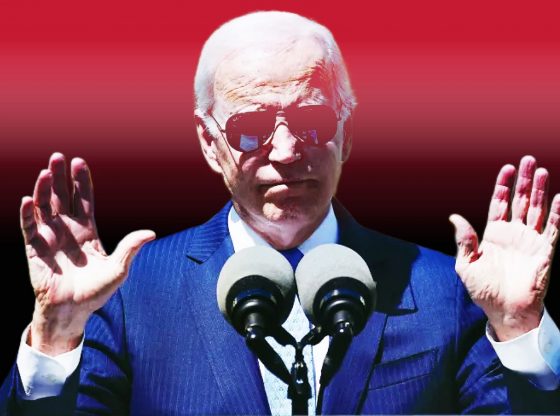The Biden administration proposed eligibility rules for electric vehicle (EV) tax credits on Friday that appear to leave the door open for Chinese suppliers, at least in the near-term.
The guidance, released by the Department of Energy (DOE) and the Treasury Department, is not yet final, but it will likely reduce the number of EV models that are eligible to receive the credit by boxing out battery components made by Chinese companies starting in 2024. However, the rules allow EVs built with the minerals extracted and processed by Chinese companies to be eligible for the credit until 2025.
The rules also cover Iran, North Korea and Russia in addition to China. The consumer tax credit, which is worth $7,500 for fully-qualified EVs, is a key policy tool for the administration’s EV push because it is designed to blunt the substantially higher costs of EVs relative to internal combustion engine vehicles.
The guidance also addresses eligibility limits for Chinese EV and battery companies doing business in the U.S. or in mineral-rich countries like Indonesia, where Chinese companies have a dominant position in the EV-related mineral supply chain. Those companies would be in compliance provided that less than 25% of their equity and board seats are controlled by Chinese entities.
China dominates the global supply chain for extraction and processing of the minerals that are essential for manufacturing EVs. In addition to the consumer tax credit, the administration has committed billions to subsidize retrofits for American manufacturing plants and the buildout of a national charging station network, as well as pursued several aggressive regulations to push the market toward widespread EV adoption over the coming years. The administration is aiming to have EVs make up 50% of all new vehicle sales by 2030.
The EV market is currently in a tenuous position, with manufacturers taking considerable losses, consumer demand cooling off and executives starting to back off of some near-term production targets.
It is currently unclear how many Chinese firms might be negatively impacted by these standards. The rules state that “licensing agreements or other contractual agreements may also create control,” indicating that technology licensing deals could be allowed under the standards.
The licensing aspect of the guidance could be a win for the automobile manufacturers; some companies had paused their efforts to strike licensing deals with Chinese firms until the rules came out, while others, like Ford, had pushed ahead with partnerships despite the lack of clarity, according to The Wall Street Journal.
The Treasury Department referred the Daily Caller News Foundation to the DOE, which did not respond immediately to a request for comment.
Nick Pope on December 1, 2023












